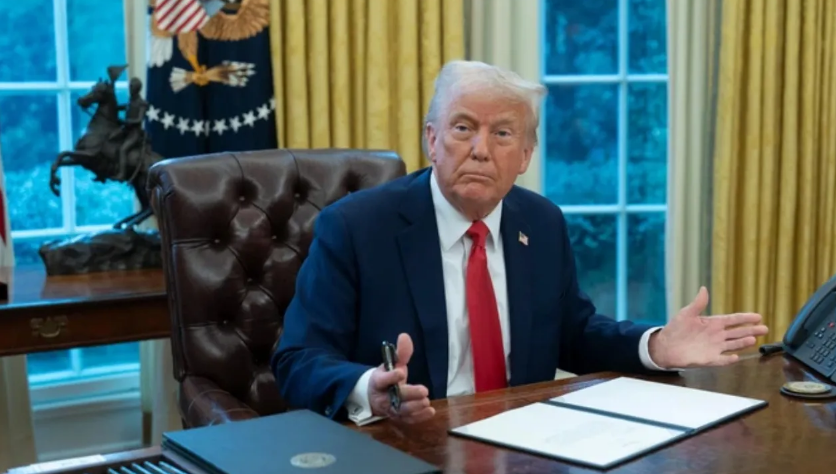Widespread public discontent over rising prices across the United States has pushed President Donald Trump to roll back several import tariffs. The backlash was evident in the recent off-year elections, where voters identified the economy as their top concern, contributing to Republican setbacks in states such as Virginia and New Jersey. Responding to the pressure, Trump announced the removal of tariffs on key essential items including coffee, tea, fruits, juices, cocoa, spices, bananas, oranges, tomatoes, beef, avocados, coconuts, pineapples, various nuts, and fertilizers. The revised tariff structure takes effect immediately.
Economy Drives Voter Backlash
The Republican losses in the recent elections were widely attributed to frustration over inflation and high living costs. Trump signed the tariff withdrawal order after finalizing new framework agreements with Ecuador, Guatemala, El Salvador, and Argentina aimed at reducing import duties on agricultural products. Earlier this week, he had indicated plans to cut tariffs on coffee to boost imports. A decline in the U.S. cattle population has also driven beef prices higher, while tariffs imposed on Brazil—one of the largest beef exporters—further intensified shortages and price hikes.
Trump signed an executive order removing tariffs on commodities like beef and coffee to address consumer price concerns. The move follows growing economic dissatisfaction, with Democrats winning key elections.
Read more: https://t.co/my9LvA2mKD #DonaldTrump #Tariffs… pic.twitter.com/YZ8UjyEvA8
— IndiaToday (@IndiaToday) November 15, 2025
Tariff Rollback Follows New Latin America Trade Agreements
Seeking to lower the cost of goods that are not produced domestically, Trump announced multiple trade agreements with Latin American nations on Thursday. The tariff withdrawal follows these agreements and is seen as a key step to ease consumer burden, stabilize food prices, and address the growing public outrage over inflation ahead of upcoming political cycles.






